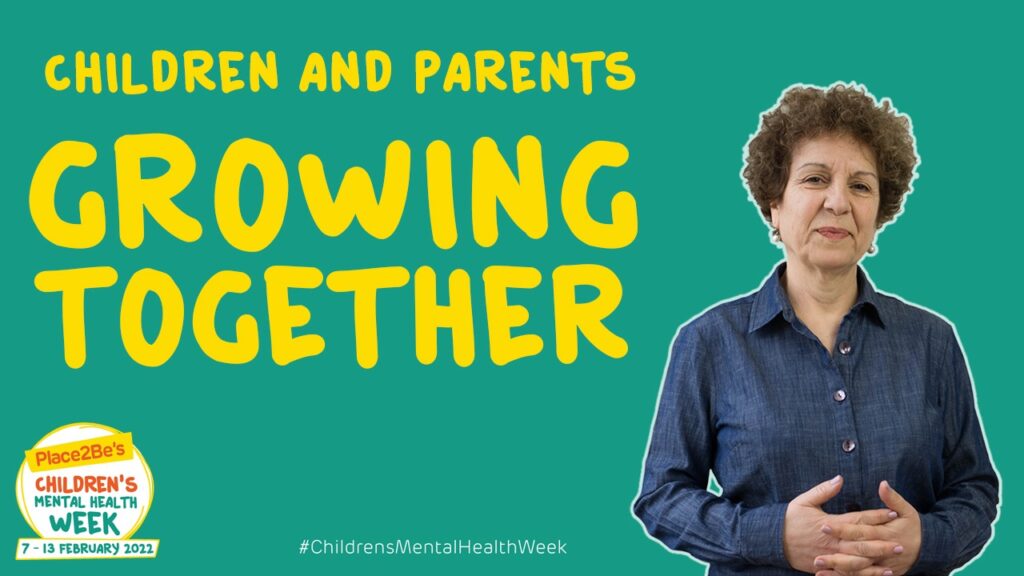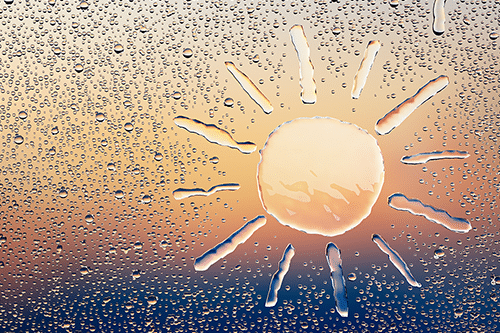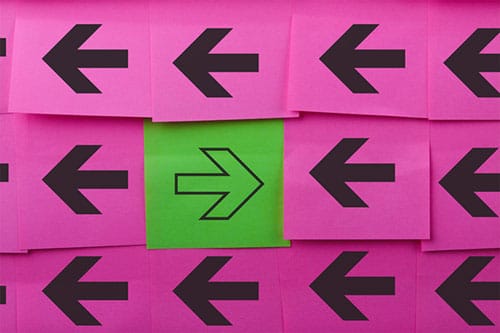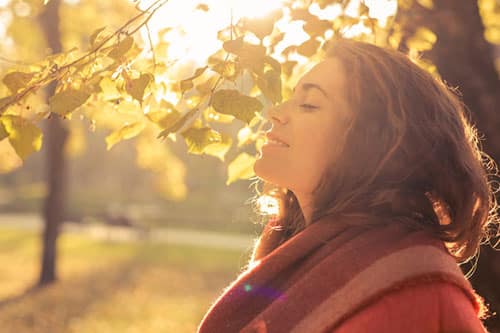Children’s Mental Health Week
Children’s mental health week was launched in 2015 by Place2Be, to shine a spotlight on the importance of children and young people’s mental health. Even without the effects of the pandemic, an increasing number of children and teens are suffering from mental health problems – ranging from anxiety disorders, depression, to self-harm and addiction – the wonderful news is, there’s so much we can do to help children grow up to be strong, confident, resilient and happy adults.
The human givens approach provides a simple, yet highly effective, practical framework for life. Our approach is used by therapists, teachers, counsellors, social workers, school counsellors and partners to help improve the lives and wellbeing of children and young people.
Place2be and Human Givens
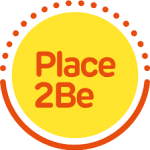 Inga Springell, HG Therapist and School Project Manager for Place2Be describes in this case study how the Human Givens approach supports her project and practice, working with children and young people and the wider school community.
Inga Springell, HG Therapist and School Project Manager for Place2Be describes in this case study how the Human Givens approach supports her project and practice, working with children and young people and the wider school community.
Every day in a hundred small ways our children ask, ‘Do you see me? Do you hear me? Do I matter?’ Their behaviour often reflects our response.”
L.R. Knost.
Let’s Connect
This year’s Children Mental Health Awareness Week focuses on one of our innate emotional needs – Feeling part of a wider community and we have developed a range of resources for you to use as you please – each has been created with you in mind…
Humans have evolved to be social creatures and we thrive in communities – this connection is vital for our health, well-being, and our survival.
When our need for healthy social connections is not met, we can feel isolated and lonely – loneliness has adverse emotional and physical effects on both the brain and body.
Explore our need to connect with others here >
Children (and adults) whose 9 emotional needs are met in a healthy, balanced way do not suffer mental health problems. Childhood/ life can be difficult, complex and daunting at times, and sadly many children are struggling with low self-esteem, depression, anger, self-harming behaviours and anxiety. Therefore we must understand their emotional needs to support their development and enable them to fully enjoy their childhood, gain valuable life skills and grow to become their best…
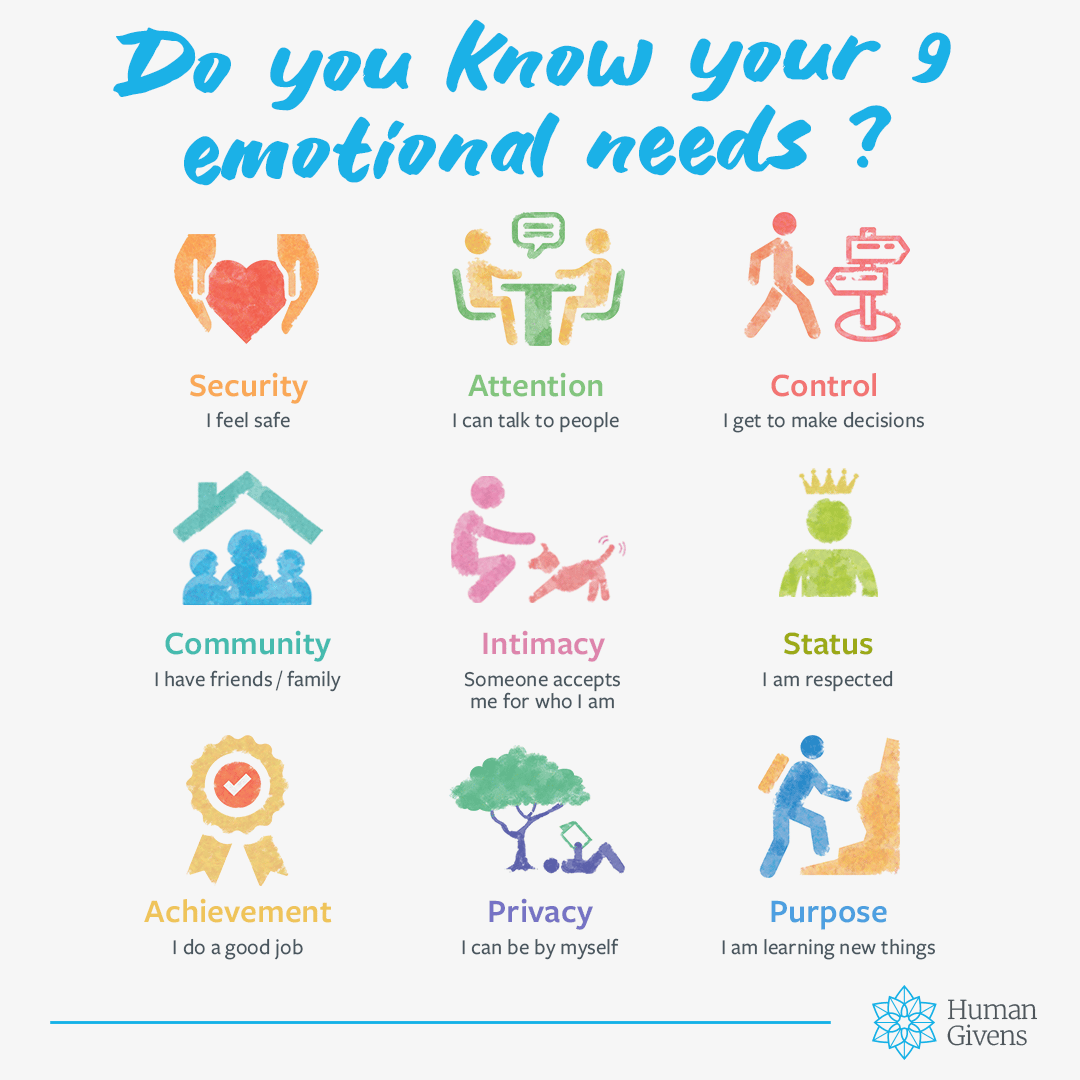
To find out more visit: www.humangivens.com/about
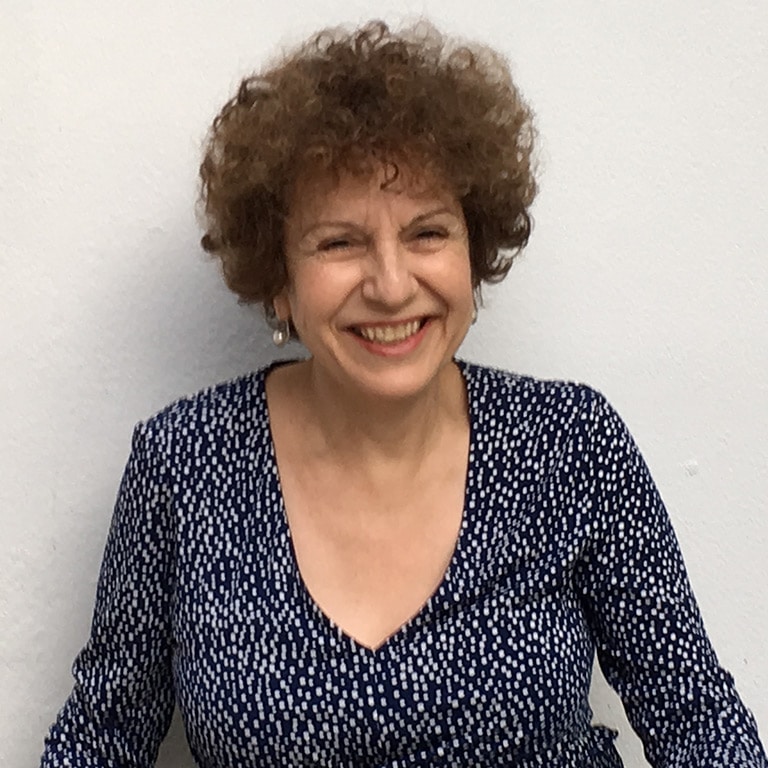
An important message from Miriam Chachamu…
Family psychotherapist and human givens practitioner
The importance of self-expression
“Encouraging children to express themselves freely, without judgement or criticism is very important. As children grow up, they tend to worry more about what people think and can lack confidence. Parents and teachers must encourage children to express themselves without creating blocks”.
Discover three common mistakes excellent parents and teachers unwittingly make – watch Miriam’s video to find out more.
An important message from Miriam Chachamu – family psychotherapist and human givens practitioner…
Psychological Growth
Knowing how to grow psychologically as parents and families is vital – as well as understanding how to overcome your own difficult childhood experiences so that you can be a better parent to your children… Miriam highlights two potential pitfalls and shares seven suggestions to help you and your family grow together in her latest video – how to grow psychologically as parents and families >
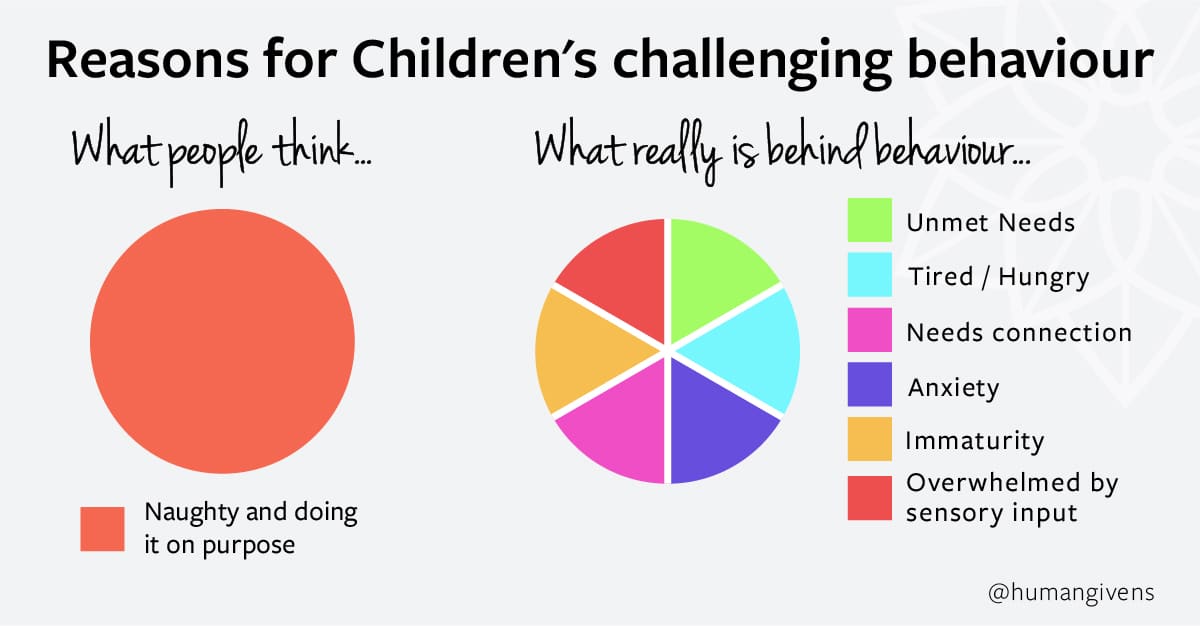
Growing Together
“As our children, or the young people in our care, mature, we need to make sure we adapt our style too. Tempting as it may be to become more authoritative as behaviour gets more challenging, we need to try to resist this instinct. As the child gets older, we should aim for a less authoritative style, enabling the young person’s growing needs for autonomy, control and status to be met.
Don't forget, as the young person in your life changes, you will need to change too ..."
Richard Brook, HG tutor
Try to be the coach in being an adult, giving the young person the opportunity to reach conclusions for themselves and helping them to solve problems in a more adult way, rather than taking responsibility away from them. In every teen voice there are likely to be both a child’s voice and an adult’s voice – try to talk to the adult’s voice, and it is more likely to be the adult’s voice that will talk back.”
Richard Brook is a lecturer in Social Work at the University of East Anglia, where he teaches a postgraduate module for qualified social workers on working with adolescents. He has over 20 years experience of working with children and families, young offenders and adolescents with emotional and behavioural difficulties, and parents.
“Ask the Expert” podcasts
Our mental health and wellbeing podcast series features human givens professionals talking about their own specialist area of expertise. Each one offers useful information and effective tips for improving emotional health and wellbeing gleaned from their many years of experience. They include:
Is screen time impacting children’s physical and mental health?
– featuring Dr Aric Sigman
Improving mental health for young people – one step at a time
– featuring Alex Kennedy
How can we improve children’s behaviour?
– featuring Miriam Chachamu
Why every childhood is worth fighting for
– featuring Chris Dyas, Children’s Social Worker of the Year (2018)
I wish there was someone to talk to, whilst I was waiting for someone to talk to”
A child said to Chris Dyas, NSPCC social worker
If communities could create environments in tune with the human givens, where their children can safely build key life skills and ensure that basic emotional needs are met, then there would be far less need for expert services”
Chris Dyas
Find out more
- Ask the expert podcast series
- Troubled young minds
- Emotional needs poster for children
- Learning and Wellbeing during the Coronavirus Pandemic webinar
- Children’s mental health and the HG approach
- Benefits of the human givens approach
- How can we help young children to be mentally healthy?
- Human givens therapy
- Free emotional needs e-book
- The HG mental health blog
